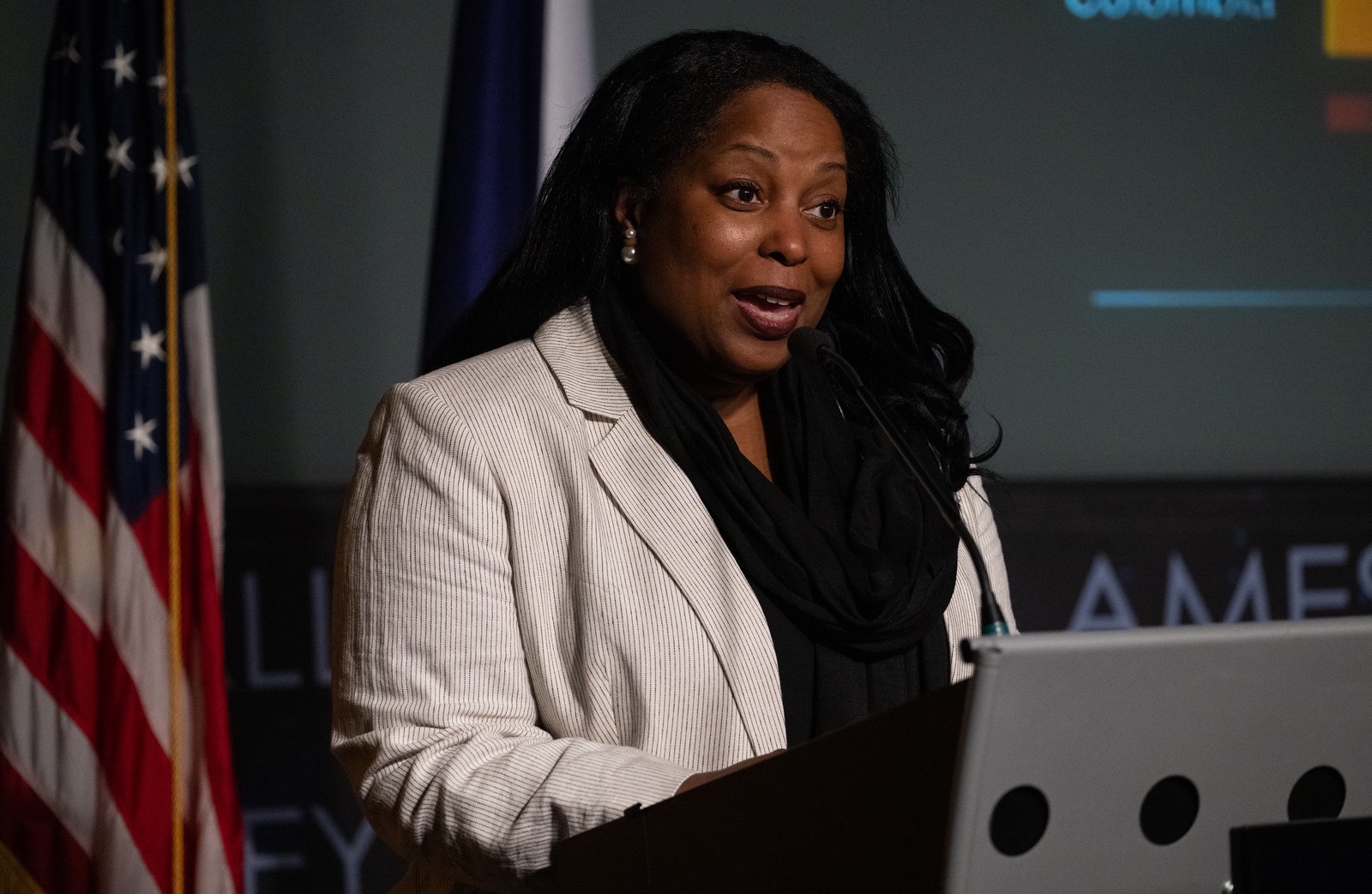WASHINGTON — A new State Department space policy framework is intended to align and guide ongoing work on space diplomacy by the department, including its work to support the Artemis Accords.
The State Department published May 30 the Strategic Framework for Space Policy, a first-of-its-kind document that outlines the efforts by the department to use diplomacy to advance space policy goals and also use space to advance broader diplomatic aims.
The document stemmed from discussions within the department on making sure its efforts were aligned with national space policy, including the space priorities framework published by the White House in December 2021.
“We were trying to figure out how do we think more imaginatively in our approach to addressing all the lines of effort that we have within the department that are focused on space policy and space diplomacy specifically,” said Jennifer Littlejohn, acting assistant secretary of state for oceans and international environmental and scientific affairs, in a recent interview.
“So, what we did in light of this increasing breadth and complexity of space diplomacy is we figured, let’s articulate space issues and the unique role that the department’s diplomacy can play,” she said, looking to support both international and interagency partners.
The framework, she said, was less about setting up new activities but instead coordinating existing ones. “A lot of this was pulling together the lines of effort of things that we are already doing, but doing it in a more coherent, clear and purposeful way that is also transparent.”
Littlejohn said the State Department took a high-level approach to the framework to make it flexible. “Space activities are moving so quickly, similar to a lot of other emerging technologies,” she explained. “You have to be prepared and able to innovate, and when you’re overly prescriptive, it’s very hard to change things or to move quickly or to do the things you need to do in order to be effective.”
One specific effort cited in the framework is the Artemis Accords, which outline principles of responsible activity in space exploration. The United States and seven other countries signed the accords when they were introduced in October 2020. Spain became the 25th signatory on May 30.
The focus of Artemis Accords signatories this year has been on implementation of the document, Littlejohn said. One working group, led by the United States, is studying how to coordinate lunar surface activities. A second, co-chaired by Brazil and Poland, is examining how to engage emerging space nations and address obstacles to their participation in space exploration activities.
NASA and the State Department continue to meet with prospective signatories, although she did not go into details about any ongoing discussions. “We’re seeing existing signatories and prospective countries conveying that there is a real interest in engaging in what I would say is meaningful conversation about safe, sustainable and responsible deep space exploration,” she said.
“The real strength of the Accords is the diversity of the signatory group,” she said. “Although not every country may have the same long-term exploration goals, I think we are working with all signatory countries to find ways to participate meaningfully in the Accords conversation.”
